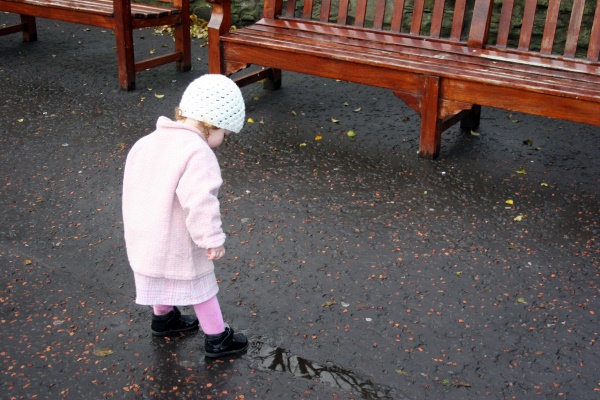©2017, Gary Gocek, https://gary.gocek.org/, @garygocek, gary@gocek.org
Give money to flooded homeowners, but give me money to fight invasive species.


It's been a tough 2017 for property owners on the Great Lakes, with the water level of Lake Ontario near Rochester, NY reaching an all-time high in May. [ Lake sets record. ] I am most familar with the shores near Rochester, NY, USA. The primary target of complaints by property owners in this area is the "Lake Ontario St. Lawrence River Plan 2014" published by the International Joint Commission (IJC), an organization that manages discussions about shared waters bordering the United States and Canada. [ Plan 2014 web page. ] Among other things, Plan 2014 provides guidelines for the level of the lakes. The "Low Water Datum" (LWD) is the base level, and the published lake level is the measurement above or below LWD. As I write this on June 19, 2017, the lake level is 243.3 feet above LWD, a bit below the record levels recorded earlier in 2017.
The water level is one point factoring into the many concerns of the IJC. The IJC is concerned with water quality, the well-being of fish and wildlife, the well-being of plant life and the management of invasive species, hydroelectric power generation, commercial navigation and recreational boating, and the effects on lakeshore properties such as erosion.
The only concerns of property owners, as far as I can tell, are the value and enjoyment of their properties. These concerns are important, but as far as I can tell, Rochester area property owners don't care if Montreal washes away as long as Rochester people can launch their party boats.
I refer to the desire to let more waster flow through the St. Lawrence River to reduce the Lake Ontario level. The IJC resists big changes in the flow because downstream areas are also already stressed. Rochester competes for attention with everyone else on the lake and river.
Before you jump to the conclusion Plan 2014 is mismanaging lake levels, western New York State received historically heavy rainfall in March, April and May. [ June's precipitation on the 19th is still above average. ] Near-record rainfall is as much to blame for lakeshore flooding and erosion as Plan 2014.
But, property owners are making lots of noise. New York State is providing grants to help property owners and others affected by the high lake levels. [ Grants to property owners. ]
Note that flood insurance is expensive. It's hard for me to know exact prices since I don't live in a flood zone, but I get the impression homeowners' insurance is expensive enough that it evens out after a decade. In other words, insurance companies know that most lakeshore homeowners will make a claim every ten or twenty years. It's not like life insurance for a young adult who is unlikely to die before age 50. Flood insurance in a flood zone can't be evened out by those who don't make claims because they all make claims. That's why it's called a flood zone. Historical data show insurers how often lakeshore homeowners make claims, and proportionate premiums are charged.
New York State is helping lakeshore homeowners with tax dollars. NYS is providing free college tuition to public colleges for many students. NYS is providing tax help for breweries, wineries and distillers. NYS is promoting the gambling industry. Well then, what about me?
As it happens, I am paying out of pocket costs to protect my own property (not near the lake) from damage caused by the Chinese invasion. Yes, I am talking about the emerald ash borer, a type of beetle that stowed away in pallets on cargo ships from Asia and has spread across the northeast. [ Emerald ash borer info. ] Local ash trees, including the six in my back yard, can die from an infestation within a couple years. To prevent an infestation, I pay close to a thousand dollars to treat all six trees every other year. It would probably cost about a thousand dollars per tree to remove them if they die and endanger my or my neighbors' houses.
These are Chinese terrorist beetles I could not have predicted. Lakeshore property owners and their insurers know they'll suffer water damage every decade or two, but no one told me to stay away from a property with ash trees. There is no help for me from NYS or the federal government. (There have been discussions about tax credits from Albany and the use of forestry funds from Washington, but I am not aware of help actually available to me at this time.)
It's OK with me to help the party boaters and students and gamblers as long as I get help, too.